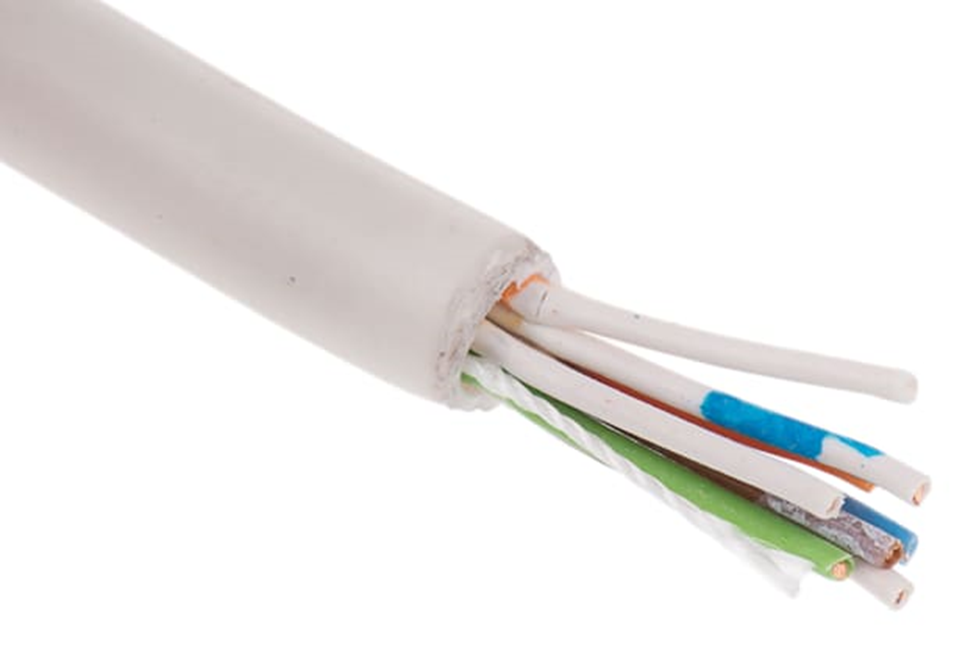Fertility Frontiers: Urological Approaches to Male Infertility Challenges
- 07 Dec 2023
- Articles
In recent years, the focus on male infertility has intensified, with medical professionals and researchers exploring innovative urological approaches to tackle this growing issue. Infertility affects approximately 15% of couples globally, and male factors contribute to around half of these cases.
As society progresses in its understanding and technology, urology has emerged as a crucial field in addressing male reproductive health challenges.
Understanding Male Infertility
Male infertility can stem from various factors, including hormonal imbalances, genetic disorders, and physical problems such as varicocele or obstructive azoospermia. Lifestyle factors like smoking, alcohol consumption, and obesity also play a significant role.
A comprehensive evaluation by a urologist specialising in male reproductive health is essential for accurate diagnosis and treatment planning.
Diagnostic Procedures
The initial step in managing male infertility involves a thorough assessment, including a detailed medical history, physical examination, and semen analysis. Advanced diagnostics may include hormonal profiling, genetic testing, and imaging techniques such as scrotal ultrasound.
Urological Treatments for Male Infertility
Surgical Interventions
Surgical procedures have evolved significantly, providing solutions for conditions like varicocele, a common cause of reduced sperm quality. Microsurgical varicocelectomy, for instance, has shown promising results in improving semen parameters and pregnancy outcomes.
In cases of obstructive azoospermia, techniques like microsurgical vasovasostomy or vasoepididyostomy can restore sperm flow. These procedures require high precision and expertise, highlighting the importance of specialised urological skills.
Hormonal Therapies
Hormonal imbalances, often overlooked, can significantly impact sperm production and function. Treatment with hormonal supplements or medications can rectify these imbalances, enhancing fertility prospects.
Assisted Reproductive Technologies (ART)
In situations where conventional treatments are ineffective, ART comes into play. Techniques like Intrauterine Insemination (IUI), In Vitro Fertilisation (IVF), and Intracytoplasmic Sperm Injection (ICSI) have revolutionised fertility treatments, offering hope to many couples.
The Role of Lifestyle Modifications
Lifestyle changes are pivotal in managing male infertility. Practices such as maintaining a healthy weight, quitting smoking, reducing alcohol intake, and managing stress can significantly improve sperm health.
Nutritional Aspects
A balanced diet rich in antioxidants, vitamins, and minerals is beneficial for sperm quality. Foods high in omega-3 fatty acids, zinc, and selenium are particularly recommended for their positive impact on reproductive health.
The Emerging Role of Urology in Male Fertility
Urology has become integral in the realm of male fertility. Urologists with a subspecialty in andrology are at the forefront, offering a range of treatments and working closely with reproductive medicine specialists.
Private Urologists
Institutions like Urocare Private Urologist exemplify the advanced care available in this field. They provide personalised treatment plans encompassing both surgical and non-surgical options tailored to individual patient needs.
Technological Advancements and Research
The field of urology is continually evolving, with research focusing on areas like stem cell therapy and gene editing. These futuristic approaches hold immense potential in treating complex cases of male infertility.
Collaborative Efforts
Collaboration between urologists, endocrinologists, and reproductive medicine specialists is crucial for comprehensive care. Multidisciplinary teams ensure that all aspects of male infertility are addressed, offering the best chance of successful treatment.
Conclusion
The landscape of male infertility is changing, with urological approaches playing a pivotal role. From advanced surgical techniques to hormonal therapies and lifestyle interventions, the spectrum of treatments available is wide and continually expanding.
As research progresses and technology advances, the hope for overcoming infertility challenges grows, offering new possibilities for couples aspiring to parenthood.








